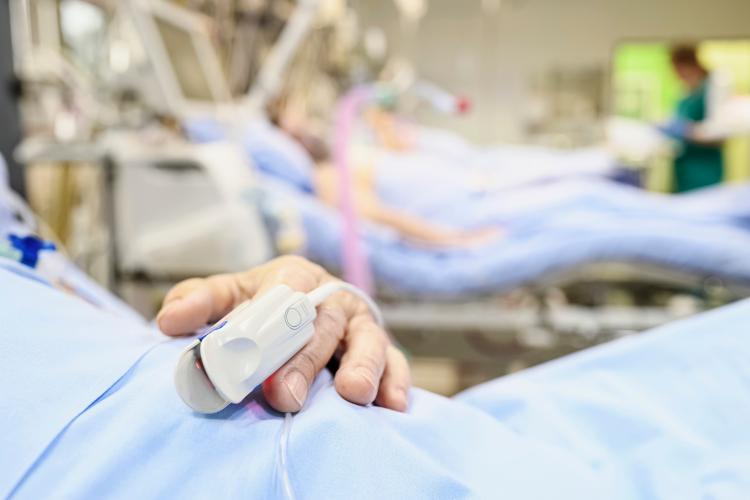MAD-COV 2 have shown that a low-dose combination of the antiviral remdesivir and a drug called APN01 (hrsACE2) can stop the virus from multiplying in cells

MAD-CoV 2 is one of a number of IMI projects hunting for new treatments for COVID-19. The project recently reported promising results from an in vitro study of the effects of combining remdesivir, an approved drug against COVID-19, and APN01 (hrsACE2), a medicine currently in phase 2 trials for COVID-19 treatment. The combination was shown to be much more effective in inhibiting viral replication in cell cultures and organoids (mimics of human organ tissue grown from stem cells).
The work is being led by Ali Mirazimi, adjunct professor at the Department of Laboratory Medicine, Karolinska Institutet and National veterinary institute (SVA). The study was first published in December in the EMBO Molecular Medicine.
Remdesivir is an antiviral that has been approved for use in COVID-19 patients. It works by stopping the virus from multiplying. However, higher doses can cause damage to the liver and the lungs. ‘Human recombinant soluble ACE2’, also known as hrsACE2, is a genetically modified variant of the angiotensin converting enzyme 2 (ACE2), a cell membrane protein that the coronavirus hijacks in order to enter our cells.
Previous laboratory studies have shown that hrsACE2 lures the coronavirus to attach itself to the enzyme copy, hrsACE2, instead of to the actual cells, thereby reducing the viral load in cells. In this study, the researchers tested combining remdesivir and hrsACE2 in cell cultures from monkeys, human liver spheroids and human 3D kidney replicas, so-called organoids grown from stem cells.
The use of low doses of each substance was able to reduce toxicity, making the drugs safer to use.
By targeting different aspects of the viral cycle simultaneously, the researchers have shown that the effectiveness of the treatment can be boosted while reducing the risk of side effects. They hope their findings will pave the way for clinical trials.
Related
ACE2 and COVID-19: studying the Achilles’ heel of the coronavirus
